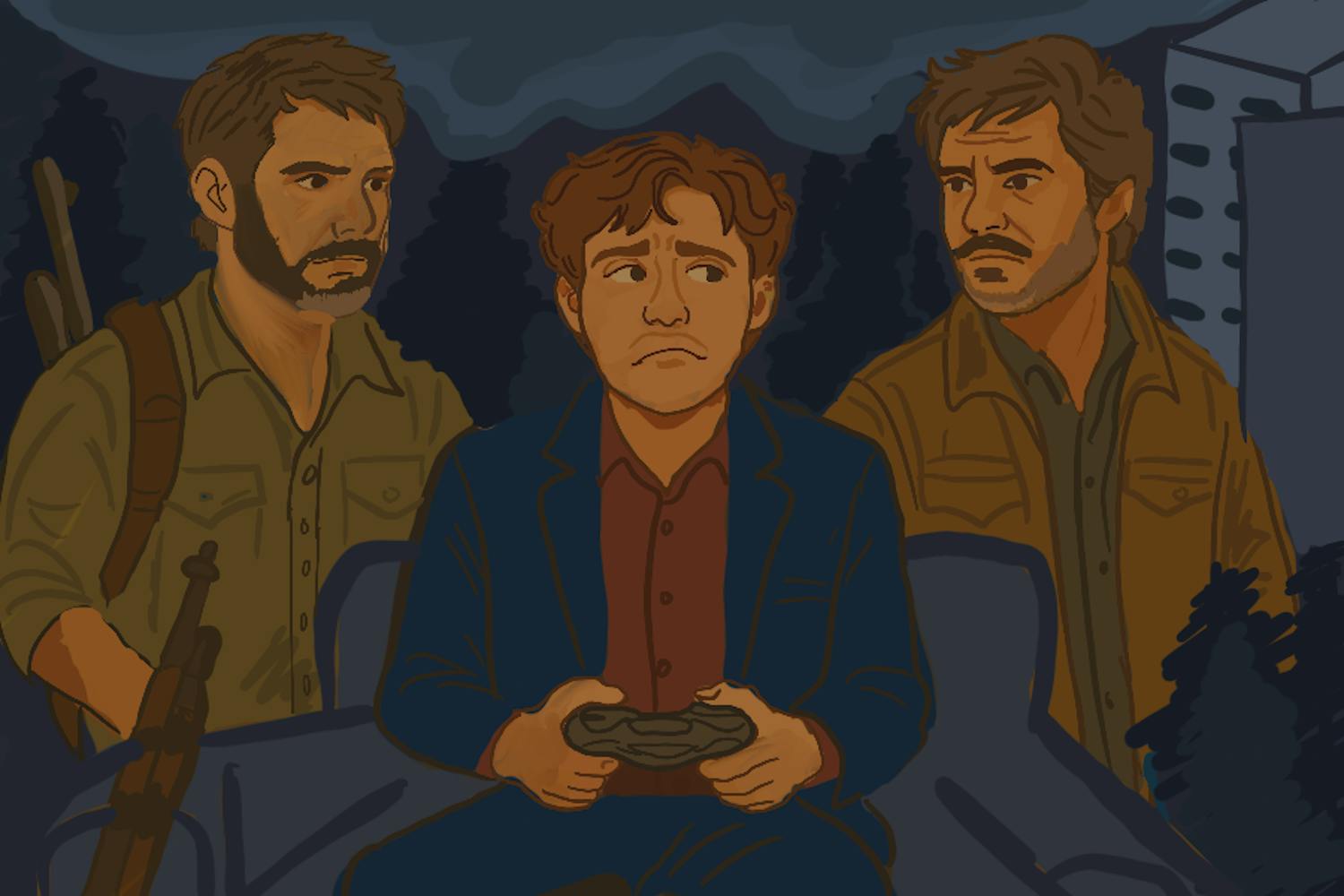It’s no secret that video games require a great amount of input from talented programmers and designers. It's also no secret that publishers, who are investing in the game, may see sequels as safe bets so they will either see a return or break even.
Some designers believe that sequels are stagnating the gaming industry. David Cage, founder and CEO of "Quantic Dream" (developers of "Heavy Rain" and the upcoming "Beyond: Two Souls") recently gave a statement to the UK Official PlayStation magazine stating this view.
“If you’re interested in innovation and believe that games could be more than shooters, then you realize that sequels kill creativity and innovation,” he said. “We don’t give people what they expect. We want to give them something they want without knowing they want it.”
Video games don’t always achieve perfection on the first released title. "Assassin’s Creed" was one of the most highly ambitious games of 2007. Released along side the likes of "Call of Duty 4" and "Halo 3," "Assassin’s Creed" gave players an alternative of being an assassin during the Third Crusade. Though the game had its problems, Mission design amounted to overhearing conversations about targets and stealing valuable information critical to the target’s position.
"Assassin’s Creed II" fixed many of the problems with the first game and added new features that enhanced the social-stealth gameplay that was experimented with in the first game.
Another facet for discussion is that "Red Dead Redemption," a sequel to "Red Dead Revolver," innovated the narrative storytelling in games and brought a new setting for the open-world genre from the developers of the "Grand Theft Auto" series.
Rebecca Hoffman, graduate student in rhetoric and composition and resource coordinator at the Center for Games and Impact at ASU, expressed her thoughts on Cage’s statement.
“It's so easy for us as gamers to forget that games are made to make money after all, regardless of our own desire for innovation in the industry," she said. "However, to say that sequels specifically are 'killing creativity' is to ignore the clamoring masses of wanting players and daring developers, writers and artists whose passion for characters, narratives and lore has created franchises and 'numbered sequels' that are arguably some of the greatest games ever made.”
With year after year of shooter video games, a creative turn could help the industry.
“It may simply take time and energy for publishers to understand that unique experiences can offer them the same income as tried and true franchises, just as tried and true franchises can produce innovative experiences right alongside them,” she said.
Reach the reporter at shfawcet@asu.edu and follow him on Twitter @MaroonandGamer



